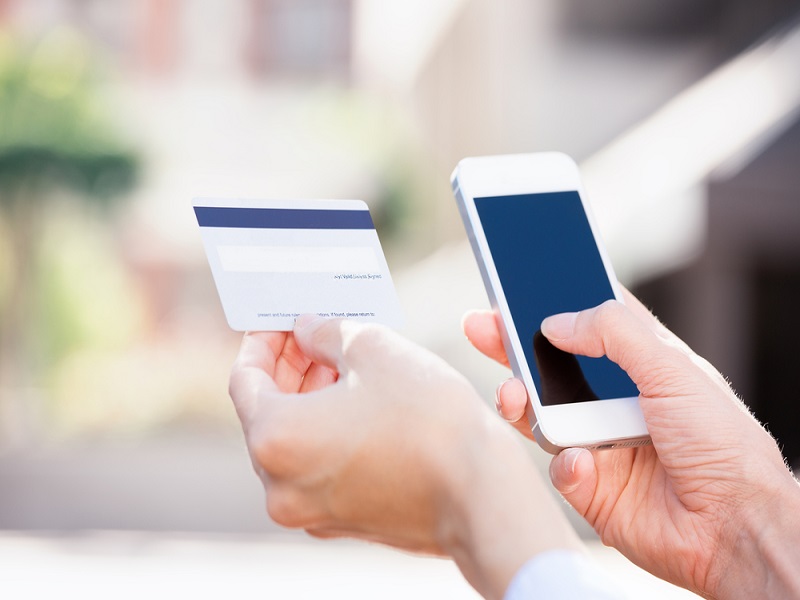Mobile payments are only as secure as the wallet service is, and Apple Pay is not doing the best of jobs to protect consumer data. While many people see Apple Pay as a form of Fintech innovation, making mobile payments through Apple’s financial solution with stolen credit card information appears to be much easier than originally anticipated. Some people would go as far as saying how this mobile wallet is quite inferior to other financial technologies, including Bitcoin.
Also read: Ethereum Nodes Skyrocket on Homestead Wallet Release
Apple Pay Fraud Rates
Assailants have not managed to break the Apple Pay wireless payment mechanism security, yet the mobile wallet solution is not adequately protecting consumers whose financial details have been stolen. Credit card and identity theft are both grave concerns for law enforcement agencies around the world, and the number of fraudulent payments remains very high year over year.
Apple Pay, while often seen as a form of financial technology, has become an ally of criminals who managed to obtain someone else’s financial and personal details. Setting up Apple Pay on an iPhone with stolen information requires gathering enough data to let banks provision the stolen credit card information on the phone. While this is not a sign of weak encryption by Apple Pay, this mobile wallet solution is doing nothing to protect consumers from fraud either.
To make matters even worse, the assailants use this stolen information to visit Apple Stores, as these locations accept Apple Pay as a form of mobile payment. This allows criminals to create a vicious circle of obtaining financial information, linking this to a mobile payment wallet, and use Apple Pay to make a fraudulent purchase at Apple Stores to repeat the process.
Banks are trying to protect credit card users by verifying their identity over the phone, but with the vast amounts of big data being collected by websites and mobile apps, assailants have an easier time sniffing out the details they need. Setting up Apple Pay requires identity verification, after which the bank will beam over the encrypted version of the card details to the phone.
Big Data, Traditional Finance And Mobile Wallets
Although Apple is sending enough big data to the issuing bank to ensure transactions are only authorized if the device owner appears to be genuine, banks are stunned by the number of fraudulent transactions. This begs the question as to whether or not Apple Pay is a secure mobile payment and wallet solution, or rather a tool for criminals to make fraudulent purchases at retail stores even easier.
There is no denying Apple Pay is the dominant mobile payment solution in the United States. However, this high rate of fraudulent transactions through this mobile payment solution is not doing the public image any good. Some people might even question why they should use a mobile wallet over a more traditional wallet solution.
Bitcoin mobile wallets, on the other hand, are far more secure than what Apple Pay is offering. Financial data is stored on the device itself, but it is impossible to obtain the private key needed to sign off on transactions. Mobile payments come in many different forms, but the solutions relying on existing financial tools – such as credit cards – are not bringing additional security to the table. Consumers who really want to safeguard their personal and financial details are better off with a traditional physical wallet, or switching over to Bitcoin to help push digital currency adoption.
What are your thoughts on the Apple Pay fraud rates? What can be done to ensure this mobile wallet becomes more secure? Let us know in the comments below!
Source: The Guardian
Images courtesy of Apple pay, Shutterstock
